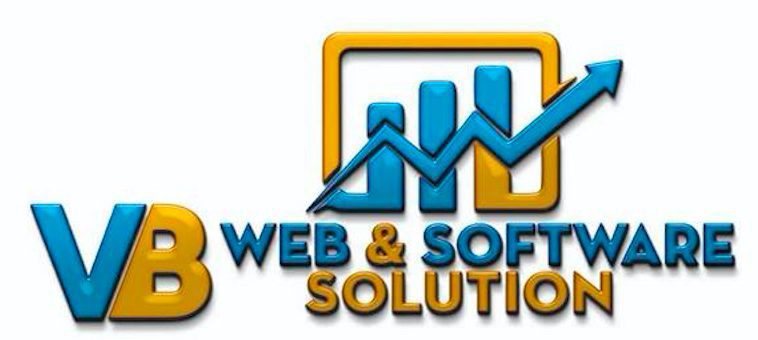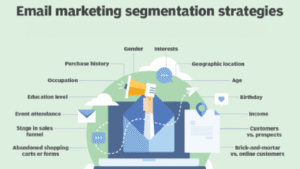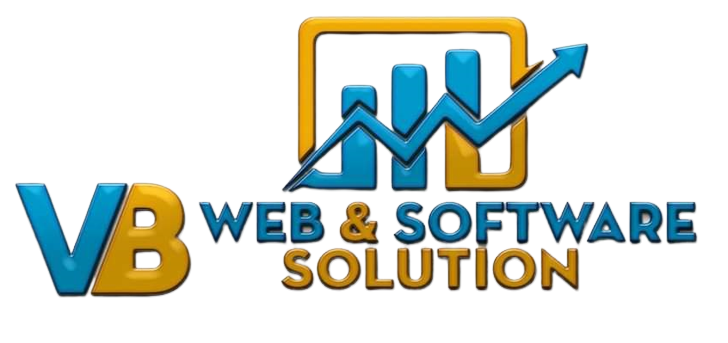SEO vs. PPC, In the ever-evolving world of digital marketing, businesses are constantly seeking the most effective strategies to drive traffic, generate leads, and increase sales. Two of the most popular methods are Search Engine Optimization (SEO) and Pay-Per-Click (PPC) advertising. Both have their unique advantages and challenges, but which one is better for your business in 2025?
In this article, we’ll explore the key differences between SEO and PPC, their pros and cons, and how to determine which strategy is best suited for your business goals.
What is SEO?
Search Engine Optimization (SEO) is the process of optimizing your website to rank higher in organic (non-paid) search engine results. The goal is to increase visibility and attract more traffic without paying for ads. SEO involves various techniques, including:
- On-Page SEO: Optimizing individual pages with keywords, meta tags, and high-quality content.
- Off-Page SEO: Building backlinks and improving domain authority through external sources.
- Technical SEO: Ensuring your website is fast, mobile-friendly, and easy to crawl.
SEO is a long-term strategy that requires ongoing effort but can yield sustainable results over time.
What is PPC?
Pay-Per-Click (PPC) is a form of online advertising where businesses pay a fee each time their ad is clicked. The most common platform for PPC is Google Ads, where advertisers bid on keywords to display their ads in search engine results. Other platforms include Facebook Ads, LinkedIn Ads, and Bing Ads.
PPC allows businesses to target specific audiences, set budgets, and track performance in real-time. It’s a short-term strategy that can deliver immediate results but requires continuous investment.
SEO vs. PPC: Key Differences
SEO vs. PPC, To understand which strategy is better for your business, let’s compare SEO and PPC across several key factors:
1. Cost
- SEO: While SEO doesn’t require direct payment for clicks, it involves costs for content creation, tools, and potentially hiring an SEO expert. However, once you achieve high rankings, the traffic is essentially free.
- PPC: PPC requires a budget for ad spend. The cost per click (CPC) varies depending on the industry and competition. While it can be expensive, it offers more control over spending.
2. Time to See Results
- SEO: SEO is a long-term strategy. It can take several months to see significant results, especially in competitive industries.
- PPC: PPC delivers immediate results. Your ads can start driving traffic and leads as soon as they go live.
3. Sustainability
- SEO: Once you achieve high rankings, they can be sustained with regular maintenance and updates. Organic traffic tends to be more stable over time.
- PPC: PPC results are temporary. As soon as you stop paying, your ads disappear, and traffic drops.
4. Targeting
- SEO: SEO targets a broader audience based on organic search behavior. It’s harder to target specific demographics or locations.
- PPC: PPC allows precise targeting based on keywords, demographics, locations, and even user behavior.
5. Trust and Credibility
- SEO: Organic rankings are often perceived as more trustworthy by users. A high-ranking website is seen as an authority in its niche.
- PPC: While PPC ads can be effective, users may view them as less credible compared to organic results.
Pros and Cons of SEO
Pros
- Cost-Effective in the Long Run: Once you achieve high rankings, the traffic is free.
- Sustainable Results: Organic traffic tends to be more stable over time.
- Builds Credibility: High rankings enhance your brand’s authority and trustworthiness.
- Better User Experience: SEO involves optimizing your website for users, which improves overall user experience.
Cons
- Time-Consuming: It can take months to see significant results.
- Requires Ongoing Effort: SEO is not a one-time task; it requires continuous optimization.
- Unpredictable Algorithm Changes: Search engine algorithms are constantly evolving, which can impact rankings.
Pros and Cons of PPC
Pros
- Immediate Results: Your ads can start driving traffic and leads as soon as they go live.
- Precise Targeting: You can target specific audiences based on keywords, demographics, and locations.
- Flexible Budgeting: You can set a daily or monthly budget and adjust it as needed.
- Measurable ROI: PPC platforms provide detailed analytics to track performance and ROI.
Cons
- Expensive: The cost per click can be high, especially in competitive industries.
- Temporary Results: Once you stop paying, your ads disappear, and traffic drops.
- Requires Expertise: Managing PPC campaigns effectively requires knowledge and experience.
Which is Better for Your Business in [2025]?
The choice between SEO and PPC depends on your business goals, budget, and timeline. Here’s a breakdown to help you decide SEO vs. PPC:
Choose SEO If:
- You have a limited budget and are willing to invest time in long-term growth.
- You want to build sustainable traffic and brand authority.
- Your industry is less competitive, and you can achieve rankings with moderate effort.
Choose PPC If:
- You need immediate results, such as for a product launch or seasonal campaign.
- You have a budget to invest in advertising and want to target specific audiences.
- Your industry is highly competitive, and it’s difficult to achieve organic rankings quickly.
The Best Approach: Combining SEO and PPC
In many cases, the best strategy is to combine SEO and PPC. Here’s why:
- Complementary Benefits: SEO builds long-term traffic and credibility, while PPC delivers immediate results.
- Data Insights: PPC data can inform your SEO strategy. For example, you can identify high-performing keywords and use them in your SEO efforts.
- Maximized Visibility: By appearing in both organic and paid results, you increase your chances of being seen by potential customers.
Conclusion
SEO vs. PPC, Both SEO and PPC have their unique advantages and challenges. In 2025, the best strategy for your business depends on your goals, budget, and timeline. If you’re looking for sustainable growth and long-term results, SEO is the way to go. If you need immediate traffic and leads, PPC is a powerful tool.
For many businesses, combining both strategies offers the best of both worlds. By leveraging the strengths of SEO and PPC, you can maximize your online visibility, drive more traffic, and achieve your business objectives.
High-Authority External Links:
- Google Search Central Blog – For the latest updates on SEO best practices and algorithm changes.
- WordStream PPC Blog – A comprehensive resource for PPC tips, strategies, and industry insights.




